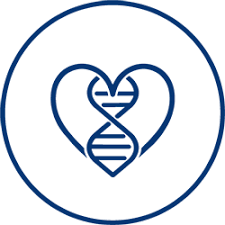
Introduction
Bachelor of Science in Genetics (BSc Genetics) is a comprehensive academic program that delves into the intricate mechanisms governing heredity, variation, and the transmission of genetic traits across generations. This multidisciplinary field intersects biology, chemistry, mathematics, and bioinformatics to explore the fundamental principles underlying genetics, genomics, and molecular biology.
Program Curriculum
- Foundational courses in biology and chemistry lay the groundwork.
- Specialized areas include Mendelian genetics, population genetics, and genetic engineering.
- Hands-on training in techniques such as DNA isolation, PCR, and bioinformatics analysis.
Laboratory Techniques
- DNA isolation, PCR (Polymerase Chain Reaction), and gel electrophoresis.
- Hands-on experience with DNA sequencing and bioinformatics analysis.
- Development of practical skills essential for research and diagnostics.
Interdisciplinary Approach
- Courses incorporate statistics, biochemistry, and computational biology.
- Ethical, social, and legal dimensions of genetics research are explored.
- Topics such as genetic counseling and personalized medicine are covered.
Hands-on Experience
- Opportunities for independent research projects, internships, or co-op experiences.
- Collaboration with professionals in the field of genetics and biotechnology.
- Engagement in cutting-edge research and real-world applications.
Career Paths
- Postgraduate studies in genetic counseling, medicine, or bioinformatics.
- Careers in research institutions, healthcare organizations, and biotechnology companies.
- Contributions to advancements in genetics, healthcare, agriculture, and beyond.
Conclusion
- The BSc in Genetics provides a robust foundation in genetics, preparing graduates to tackle complex challenges.
- With interdisciplinary training and hands-on experience, graduates can make meaningful contributions in fields like research and healthcare.